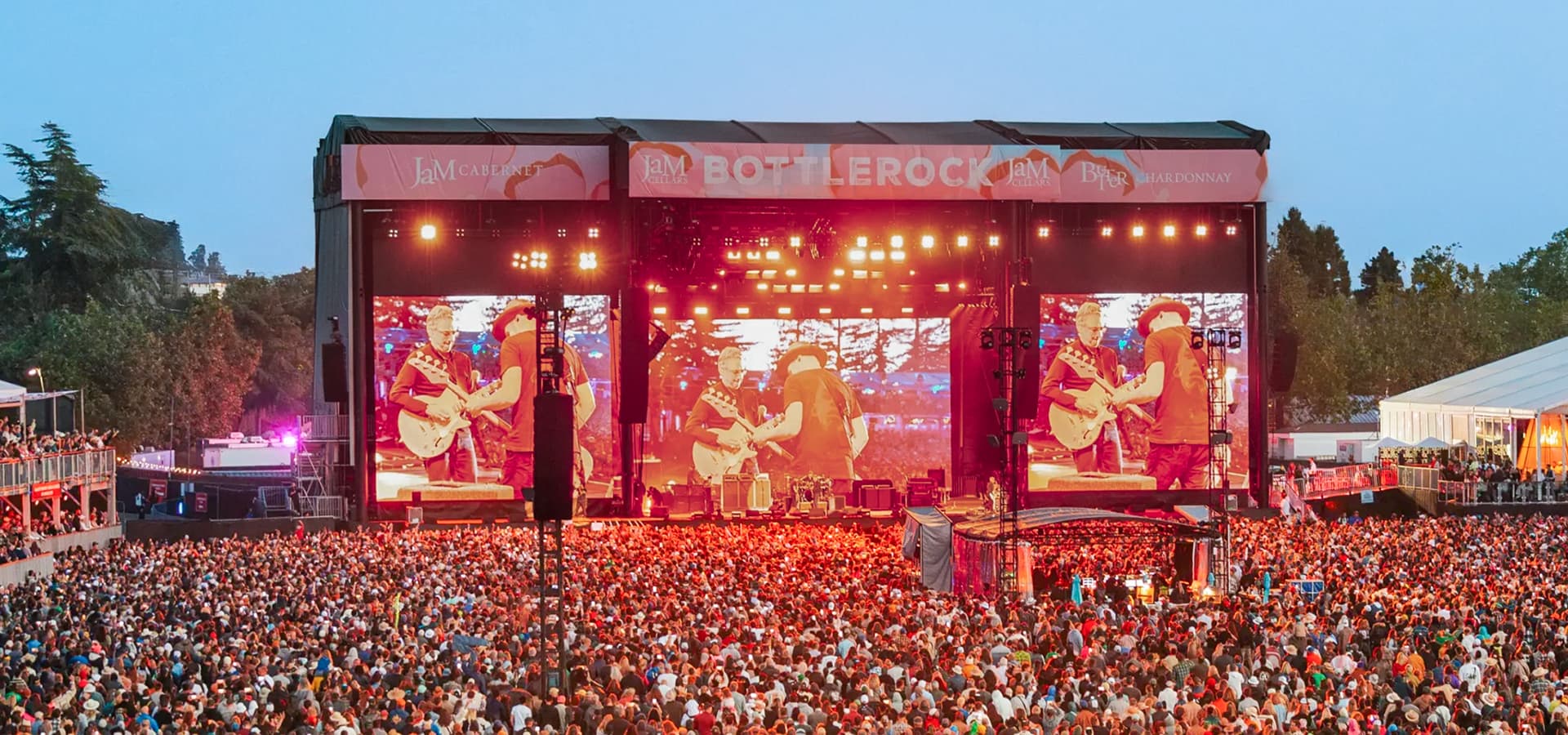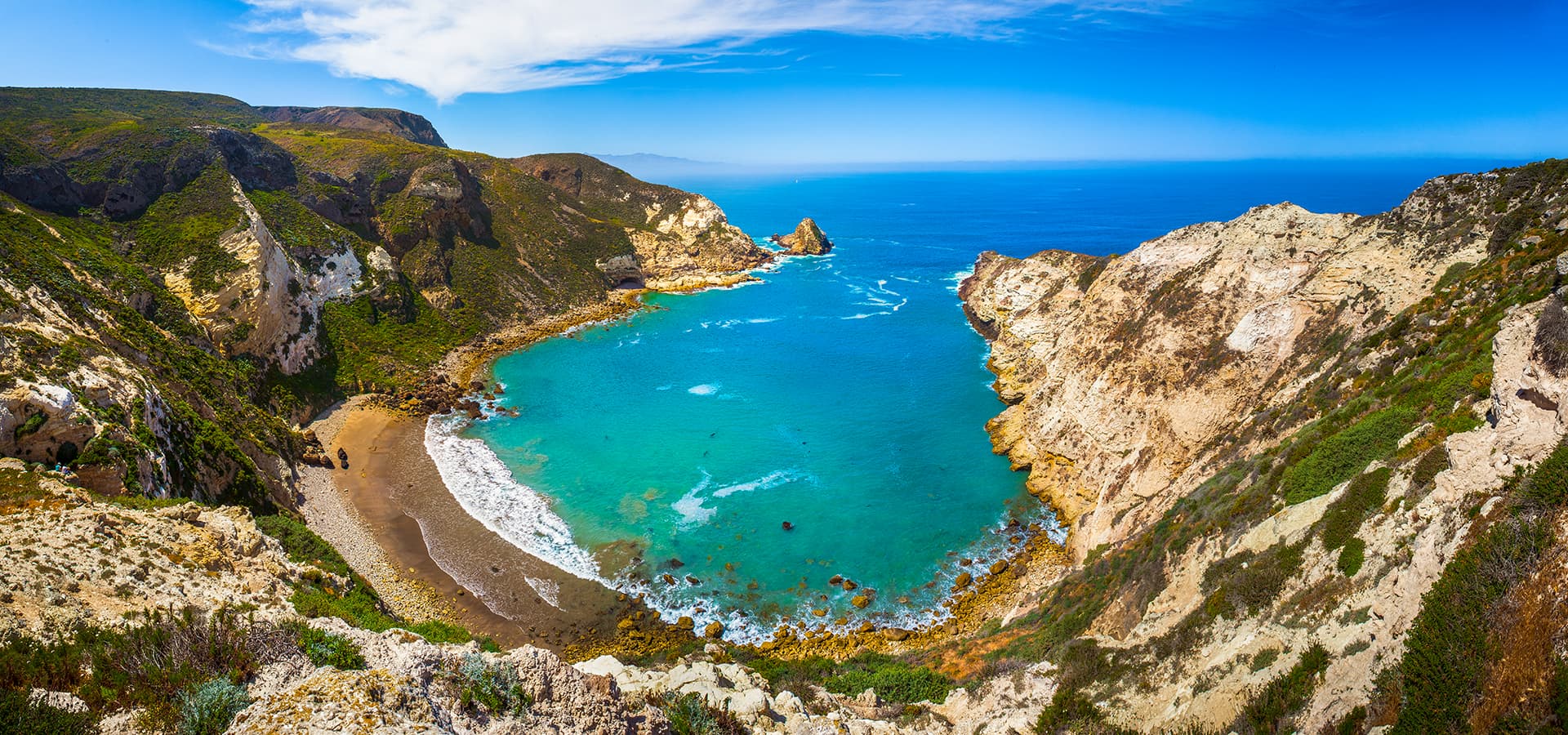There are 12 tracks on Brooke White’s latest album, but all you have to do is get through the first 80 seconds of the title track, “Calico,” to uncover the crux of a story about a fresh-faced 19-year-old’s Hollywood rollercoaster ride through the pleasures and perils of instant stardom. And where the ride stopped? Surprisingly, right where it began.
Though she was born in Phoenix, Arizona, and raised in Mesa, White has spent 16 years in California, and in that time has released five albums, three EPs, finished in the Top 5 of American Idol Season 7, raised two kids with her husband, and fallen in love with the delicious impracticality of a city that provides her with equal parts inspiration and infuriation. Like the song says, White always felt she’d end up in Nashville, mining “country gold” and regularly collaborating with the luminaries of the scene. Calico, White’s latest full-length, is the story of why that didn’t end up happening, and a celebration of God’s will. Golden State caught up with White on the eve of her Library Sessions appearance to talk about the journey, and what she learned along the way.
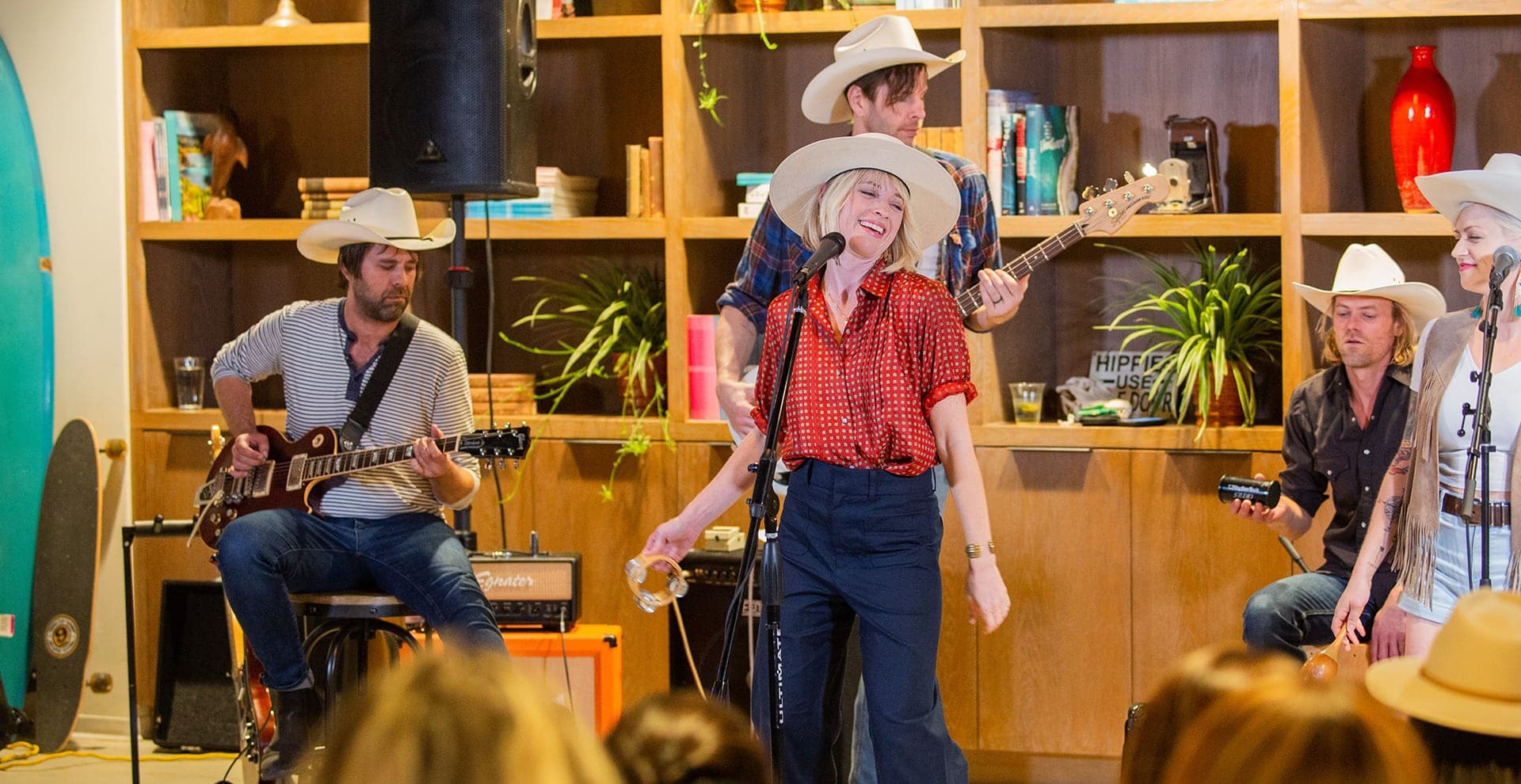
California, Los Angeles specifically, has a way of tempering artists like steel. Get them super hot and then bang the shit out of them until they break or they’re twisted into a weird piece of metal that may or may not have been the original intended purpose. After writing and recording Calico, how do you think you came out the other side?
Brooke White: It’s hard to articulate what California does to you. A lot of people I know, they came and they left. The rent is high, there’s no place to park, there’s always traffic, gas is a billion dollars a gallon, and there’s a million people trying to do the same thing you’re trying to do. But if you can make it though that refiner’s fire and withstand that heat, I think something really cool happens. There’s a creative spirit that resides here and it’s something that I live off of. I take from it and I’m inspired by it. It’s something that I don’t take for granted. There are definitely people in Nashville that I’ve dreamt of creating records with, and I know we could have made something really special there. But when I realized there’s this wealth of creative energy—this depth of history, artistically and musically—of people who have made their own version of country music in California, I realized I have everything I need here. California was very sufficient in its inspiration to make a record. (Laughs)
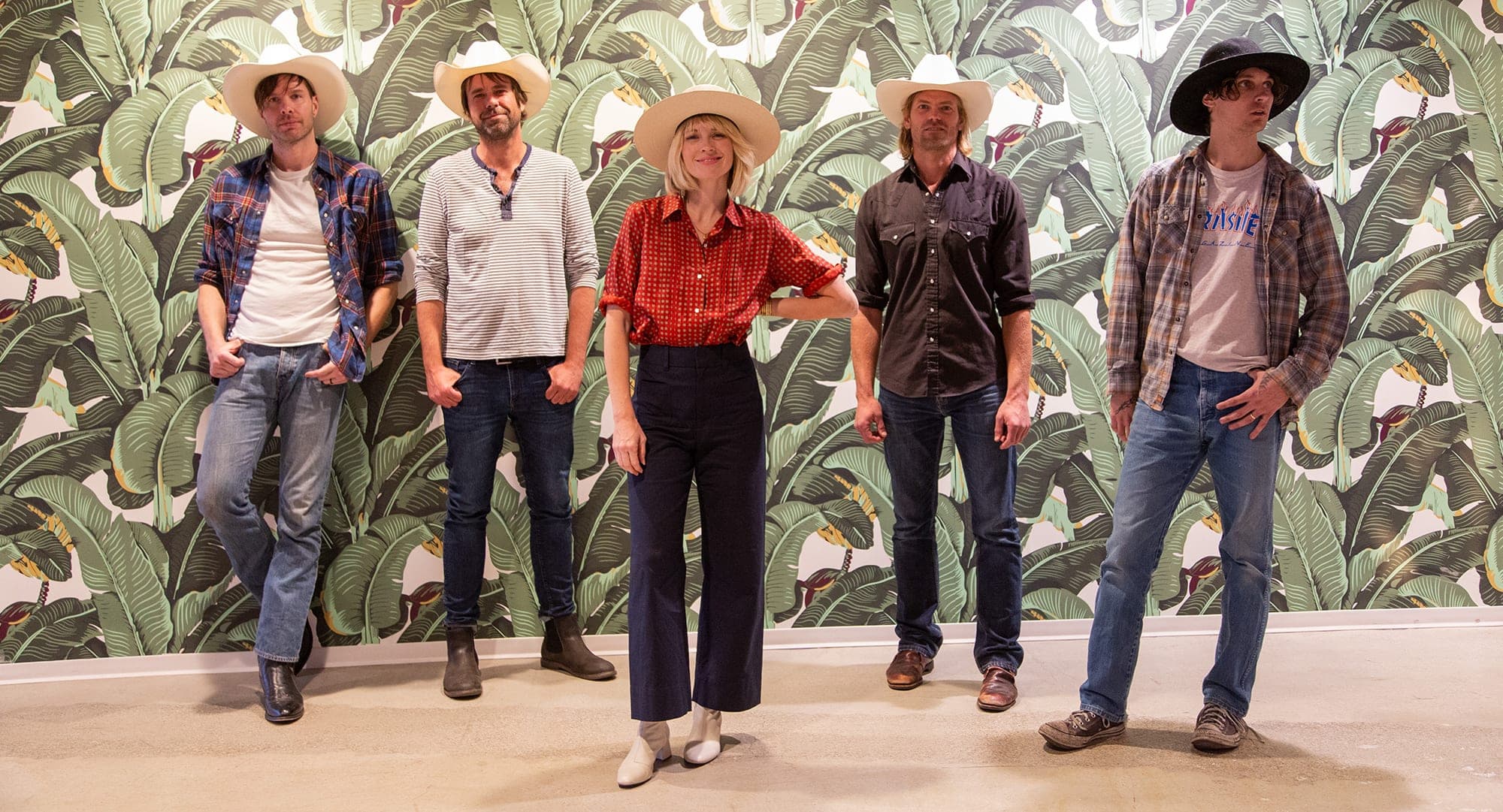
“Weigh Me Down” is a song that has country roots but you can hear a lot of contemporary pop influence. The entire record actually strikes that kind of balance.
BW: My producers, Chris Qualls and Eric Straube, are very much responsible for that. I’ve worked with them on prior records and we’ve known each other for years. I think they’d personally identify as pop producers and pop writers. When I told them I wanted to make a country record they were like, ‘Whoa, we’ve never done that before, but we’re looking to stretch beyond our normal comfort zones.’ We all agreed that if we were gonna make a country record here in California, there were no rules and we would allow it to be experimental. I’ve written a stack of country songs for sure, but in terms of sitting down and making a country record, this was really a first for all of us. I’m typically a piano player, and with my ’70s songwriter Carole King comfort zone, it’s easy for me to want to keep going there. I quickly realized this record was not going to be on piano. It just didn’t feel right to include it almost at all, and that was weird. I was kinda a fish out of water.
Your safety net was gone.
BW: And it was exactly what I needed. I needed to be pulled away from it to completely hear songwriting a different way. So I came into the studio and within a short time we just started creating the sound. We started with a beat, and Chris would be on the computer and Eric would pick up the guitar and it was just built from the ground up. It was very natural. I evolved, and I’m so thankful the modern sound and the pop vibes did make it because it makes it a more fun record than I thought it was ever going to be.
Your American Idol experience was around 2008, and then High Hopes & Heartbreak came out in 2009. After that you put out a few cover albums and a collaboration project. Obviously every record an artist puts out equates to a little more artistic growth, but would you consider Calico 10 years in the making? Would you consider it a follow-up to High Hopes, even though you put out three albums in between?
BW: 100%. I think those in-between records were important, but in terms of a solo full-length record, yes…it was 10 years in the making. I wanted to make this record a long time ago but thank heavens I didn’t. I thought I was going to move to Nashville, but having children and letting music hit the backburner for a while and letting that desire and energy refresh after the Idol experience…I didn’t sit down for three or four years afterwards. You get burnt. I needed to brew up those feelings of excitement and inspiration again and I think when it was time, I was so ready.
You can drop a tea bag in hot water and pull it out after 20 seconds and get tea, but it’s a different kind of cup when you leave the bag in there for about five whole minutes.
BW: (Laughs) That’s a perfect analogy.
Did Idol help prepare you for things like artistic collaboration, a better understanding of studio time, or other things like that? What’s a hidden benefit of being on that show that your average, skeptical singer/songwriter wouldn’t understand?
BW: I always say it’s like climbing Mount Everest, and the music industry is like Mount Everest. With American Idol, they take you from base camp in a helicopter straight to the top, and it’s crazy up there and you see that it really exists. And on the way you get this backpack full of tools. When it’s over, you’re dropped off back somewhere near base camp in your spikey shoes with your backpack full of tools and it’s your job to then climb back to the top.
The show is an accelerator.
BW: It’s an accelerator! I think the industry struggles to support us after the show, and it’s kinda a mixed bag. There are some negative perceptions that you’ll have to battle out there because of what some people might believe about the show, but I think if you’re an indie artist and you’re willing to work, you’ll find that you’re gonna connect with people.
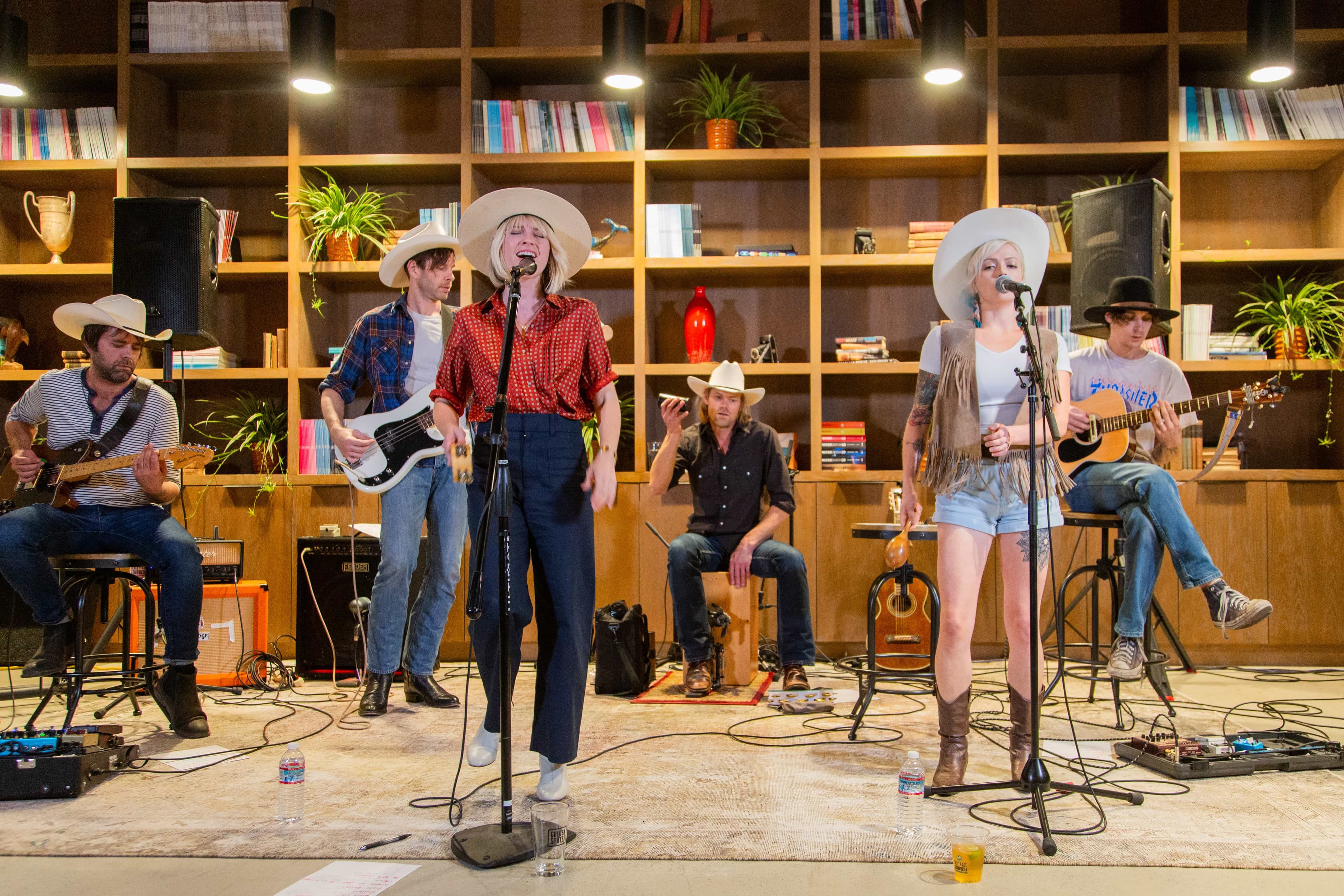
You straddle two very important eras for the independent artist. To me, those eras are defined as an artist being strongly connected to their craft and an artist being strongly connected to their brand. As someone who has come up during both of those eras, how do you navigate that? What do you perceive the dangers to be for a young artist overly concerned about brand building?
BW: You really hit the nail on the head with that one. Both feel so important at this point, especially when you’re independent. Trying to keep up with this constant content creation and output, and yet not having the space or the time you need for yourself. What feels right for the brand or the ’Gram might not be what’s best for you as an artist or even as a person. I don’t know. I don’t know how we can continue to keep doing this, to be honest. It’s like Groundhog Day. How do we keep people around, yet still find time to nurture our artistry? It’s extremely anxiety inducing, which shuts down the creative mechanism. I’ll go four or five days without posting something and I’ll get major anxiety. “If I don’t do something, this record is gonna drop and no one is gonna care.” It’s me against the algorithm.
Let’s say you did move back to Arizona. What would you miss most about California?
BW: The ocean is big for me. PCH is a place we drive every Sunday after church. It is a part of church for me. Malibu Seafood on Friday nights in the summer. We do that. We drive through the canyons. I work out a lot of what’s going on in my head in the car listening to music with the windows down and palm trees overhead. I’d miss the diversity of culture. I’d miss the creative community; the people who come here because they have something to do that feels impractical anywhere else. It’s a similar reason I came here. I’d miss that.
The Library Sessions set list:
“Boots”
“Pioneer”
“Calico”
“Be Good”
Copyright Brooke White
Where you can find Brooke White online:
Web: www.brookewhite.com






